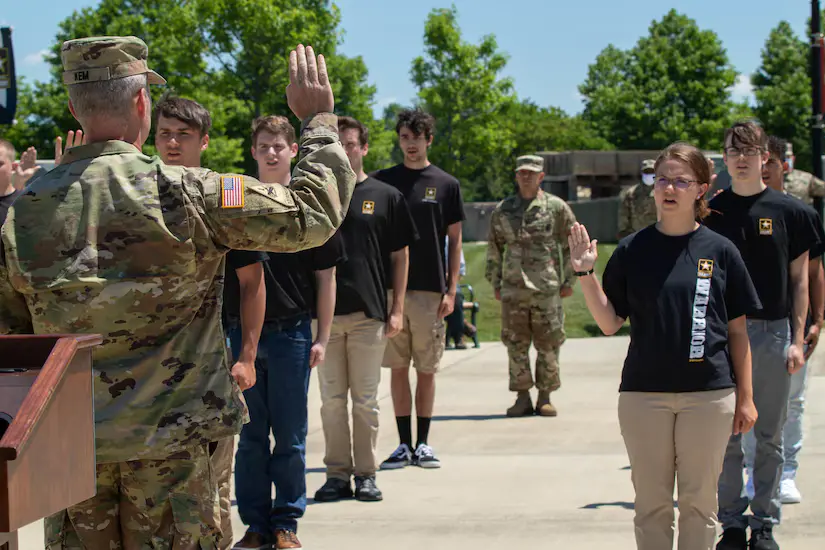(Analysis) Western nations are grappling with a pressing issue: a steep decline in military recruitment and retention, which threatens their defense capabilities and democratic integrity.
The common belief that wars are relics of the past, coupled with a lack of readiness to make sacrifices, has led to fewer people joining the armed forces.
This worrying trend could compromise the operational effectiveness of military forces and weaken democratic states’ defensive postures, particularly in volatile regions like Ukraine, the Middle East, and Taiwan.
The Challenge of Recruitment
Today, the military faces significant hurdles in attracting young recruits, starkly contrasting to previous generations.
This gap between the need for qualified and committed personnel and the pool of applicants endangers military readiness.

In Spain, for example, the armed forces have experienced a 10% personnel drop over the last decade, with the ratio of candidates to vacancies plummeting from 20 in 2015 to just 5 in 2020.
The United States faces a similar challenge, with only 9% of young people showing interest in military service in 2022 and 71% failing to meet basic physical standards, mainly due to weight-related issues.
In contrast, nations like China and Russia do not encounter these recruitment obstacles. China’s mandatory military service ensures a surplus of volunteers, while Russia consistently drafts 300,000 soldiers yearly.
Implications of Non-action
Failing to address this recruitment crisis threatens to undermine the deterrence capability of democracies at a critical moment for global stability.
The sharp reduction in combat-ready groups in several Western countries from 1990 to 2020 highlights the erosion of military strength.
A significant factor behind this crisis is a societal shift: many in Western countries are not prepared to defend their nation.
This reluctance is rooted in a lack of awareness about defense, societal divisions, demographic trends, and diminishing trust in institutions.
Notably, demographic shifts point towards a dwindling pool of eligible recruits, with projections showing a marked decrease in the coming years.
Possible Solutions
To counteract this trend, governments might need to enhance national defense awareness or reconsider conscription.
Past mobilization efforts during the world wars, involving extensive public outreach, offer a model.
However, the reintroduction of mandatory service faces hurdles, including societal opposition and a high rate of physical ineligibility among potential recruits.
A cohesive society that supports and participates in defense initiatives is essential for sustaining a potent military.
Cultivating a culture of defense readiness and national solidarity requires careful planning and promotion, ensuring a secure future for democratic values and institutions.

